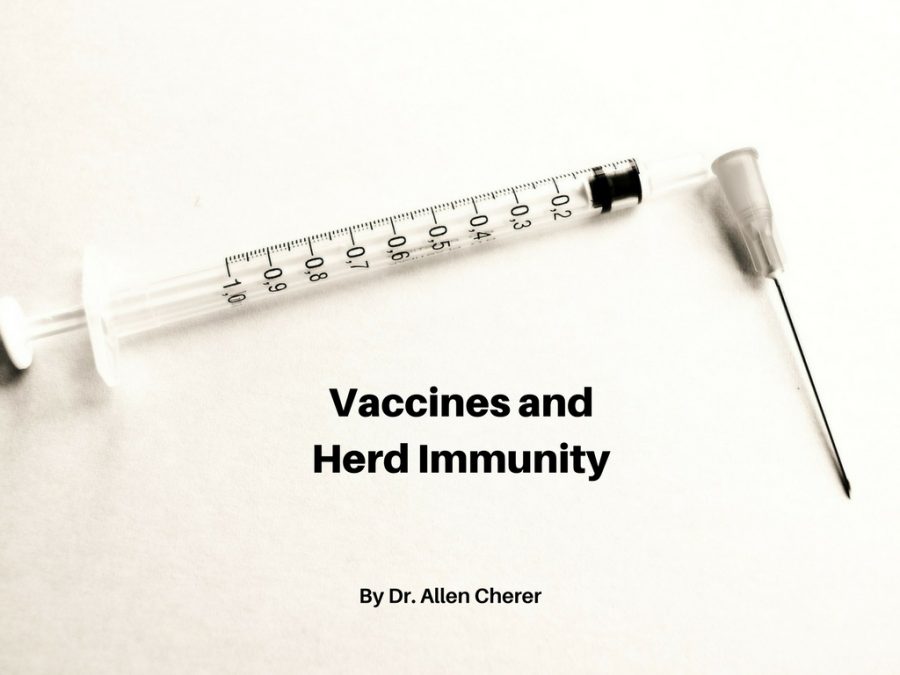Very few life events result in the anguish that comes with the death of an infant, especially one that is sudden and unexpected. Each year in the United States, approximately 3500 sudden, unexpected infant deaths (SUIDs) occur generally between the ages of 1 month and 1 year at a time when most infants sleep between 12 -18 hours/day.
They consist of three main types with Sudden Infant Death Syndrome (SIDS) being the predominant one, and deaths due to unknown causes and those due to accidental suffocation and strangulation in bed (ASSB) comprising the remainder.
The combined SUID death rate declined markedly following the 1992 American Academy of Pediatrics infant sleep recommendations and the initiation of the Back to Sleep campaign in 1994 with a primary focus on supine positioning during all infant sleep.
The combined SUID death rate decreased again slightly in 2009, and since that time has remained fairly constant. On the other hand, the ASSB, traditionally the least common of the three main causes of SUID, mortality rate remained unchanged until the late 1990s and has started a slow increase with its highest point in 2014.
Due in part to the success of the Back to Sleep campaign and to the increasing incidence of other sleep-related causes of SUID, the American Academy of Pediatrics broadened its focus since 2005 to include other factors resulting in an unsafe sleep environment and contributing to sleep-related infant deaths.
It is important to remember that the recommendations from the Safe to Sleep campaign are wholly derived from case-control studies and are based for the most part on epidemiologic studies including infants up to 1 year of age. The recommendations should therefore be applied to infants up to 1 year of age, except for those individuals in whom medical conditions warrant modification.
 When it comes to safe sleep environment, remember the phrases “Back to Sleep”, “Bare is Best”, and “Room-sharing without Bed-sharing”. The basic underlying point to promote a safe sleep environment starts with every caretaker positioning every healthy infant on his or her back for every sleep.
When it comes to safe sleep environment, remember the phrases “Back to Sleep”, “Bare is Best”, and “Room-sharing without Bed-sharing”. The basic underlying point to promote a safe sleep environment starts with every caretaker positioning every healthy infant on his or her back for every sleep.
Protective airway mechanisms prevent choking and aspiration. Only those infants with significant upper airway disorders warrant modification. Side sleeping is not recommended, and elevation while supine can be complicated by respiratory compromise if the infant’s position changes.
Preterm infants requiring prolonged hospitalization should also be maintained in the supine position during sleep when they are medically stable and long before they are ready for discharge to home.
Although the general recommendation pertains to infants up to one year of age, once an infant is capable of rolling from supine to prone and vice versa, the infant can remain in the sleep position that he or she assumes.
Since infants spend almost all of their time in a crib, bassinet, or play yard, these environments are especially important. Many infant deaths are associated with broken cribs with loose or missing parts.
Cribs should be no older than ten years and conform to the safety standards of the Consumer Product Safety Commission. Before use, the product should be checked for previous recall. Cribs require narrow slats and stable sides. Since 2011, federal safety standards prohibit the sale of drop side rail cribs. Specific mattresses designed for the crib should be firm and covered with a fitted sheet.
There should be no gaps larger than two finger breadths between the mattress and the crib. Soft materials or objects, such as pillows, comforters, or sheepskins even when covered with a sheet , should not be placed under a sleeping infant. Research shows that babies who sleep on soft surfaces which allow the baby’s head to sink into the surface are at higher risk for SIDS and suffocation.
If an infant falls asleep in a sitting device, such as a car safety seat, stroller, swing, or infant carrier, he or she should be removed from the product and moved to a crib or other appropriate firm flat surface as soon as practical.
When infant slings or cloth carriers are used, the infant’s head should be up and above the fabric, the face visible, and the nose and mouth not obstructed. The crib surface should be free of stuffed animals, pillows, toys, bumper pads, or blankets to reduce the risk of suffocation or entrapment. The crib, bassinet, or play yard should be positioned away from wall hangings, and the area should be free of blind and curtain cords which can result in strangulation.
Room-sharing without bed-sharing is recommended and is most likely to prevent accidental suffocation especially from overlaying, strangulation, and entrapment that might occur when an infant is sleeping in an adult bed. Soft mattresses, pillows, quilts, and loose bed linens provide a high risk environment for infants. Certainly, infants can be brought into the bed for feeding or comforting but should be returned to their own crib or bassinet when the parent is ready to return to sleep.
Epidemiologic studies have demonstrated increased risks for SIDS and suffocation when bed-sharing involves infants less than three months of age, other children or multiple persons, and caretakers who are excessively tired, current smokers, or are using medications or substances that impair alertness or ability to arouse. It is best to provide separate sleep areas and avoid co-bedding for twins and higher multiples in the hospital and at home.
Certain sudden, unexpected infant deaths are not preventable. Continuing research particularly related to SIDS will provide new insights into the mechanisms resulting in this tragedy. Nevertheless, vigilance in attending to those modifiable environmental risk factors is highly desirable.




